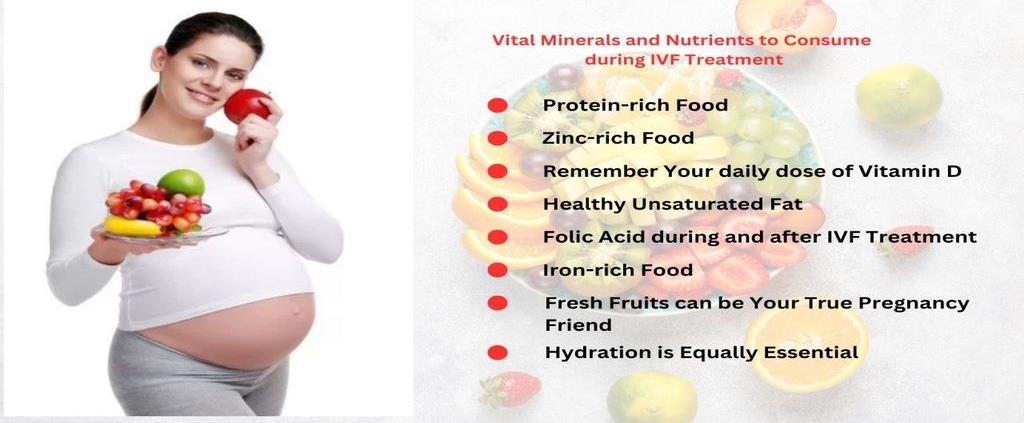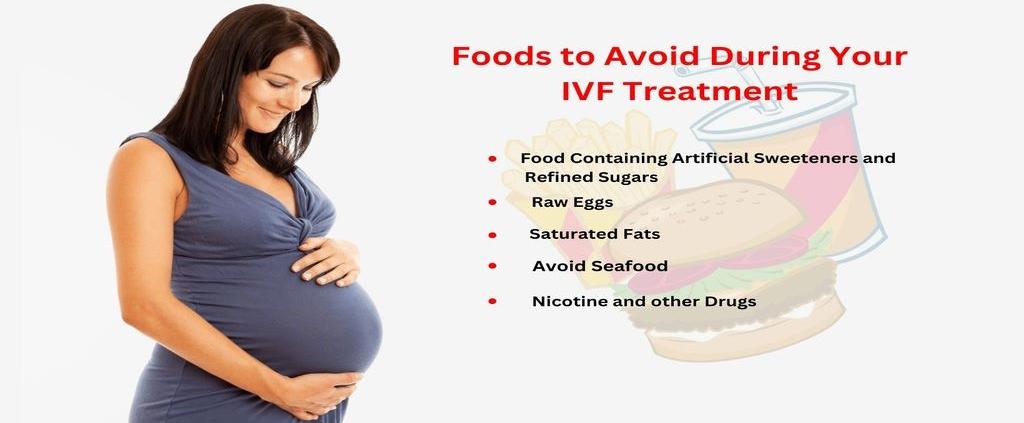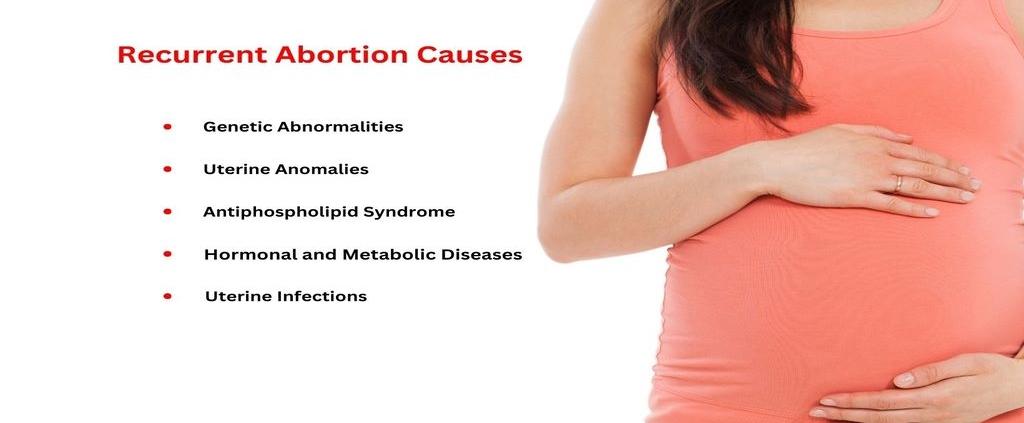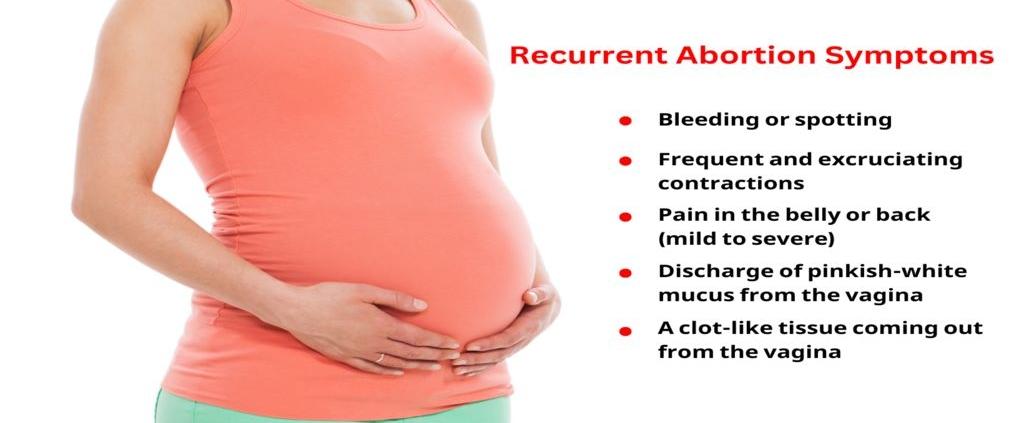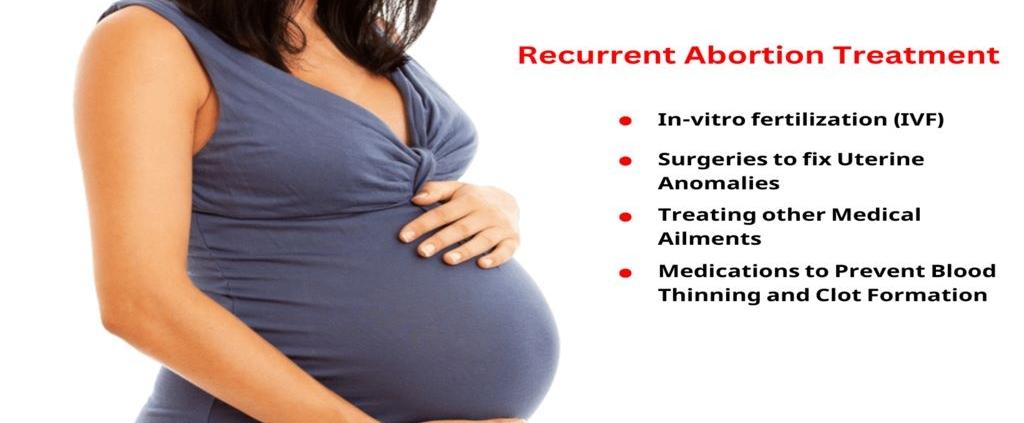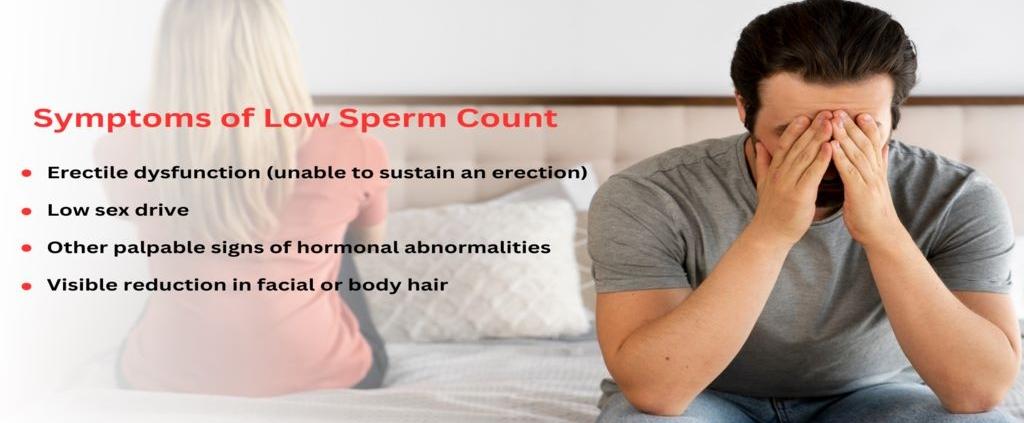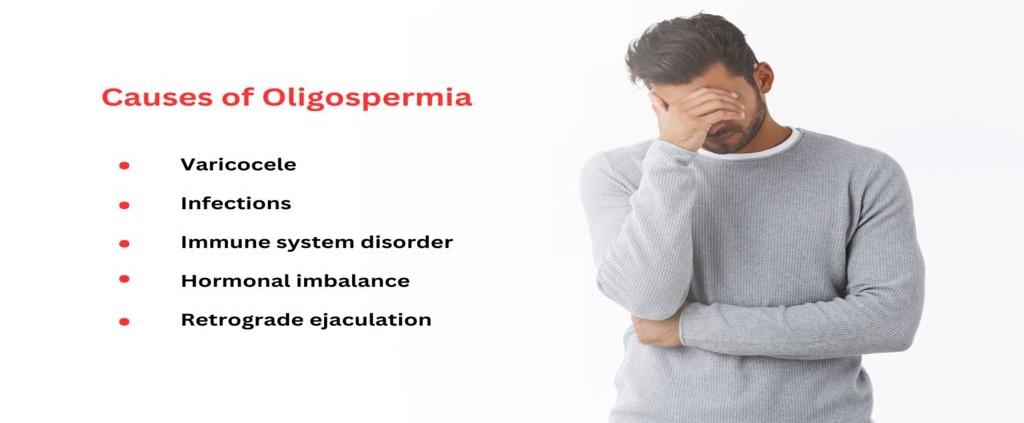PCOD Causes, Symptoms, and Treatment?
Polycystic ovary disorder (PCOD) is a hormonal disorder that causes irregular menstrual cycles in women. If an ultrasound of a woman’s lower abdomen shows a row of abnormally large pearl-shaped eggs may be visible. Genetics is one of the many possible causes of PCOD. However, the disease became progressively more common in 1721. Antonio Vallisneri, an Italian physician, was the first to identify it. The disease’s original name was Stein-Leventhal syndrome. Get the PCOD treatment done by Imprimis IVF at a very affordable price in Srinagar.
What is PCOD Treatment?
PCOD, a polycystic ovary syndrome, is a hormonal and metabolic disorder. It happens when a woman’s body does not complete the monthly ovulation process. PCOD patients have less than eight menstrual cycles per year. Cysts on the ovary lining are immature eggs trapped in the ovarian walls because they are not mature enough to leave the body. It causes an imbalance in the body’s hormonal levels, which increases androgen levels. These hormones cause unwanted body hair, weight gain, hair loss, and other medical issues.
Most women’s health problems currently affect 2-40% of women worldwide between 12 and 45 years old. The problem is difficult to solve due to its awareness and prevalence, and no one knows exactly why a woman gets PCOD. Although obesity contributes to symptoms, not all obese women have PCOD.
Types of PCOD:
As noted above, PCOD is a relatively new subject of study, so there is still a lot of uncertainty surrounding it. In general, there are two forms of PCOD:
Insulin Resistant PCOD
Type 1 PCOD, or insulin resistance, is usually accompanied by all the classic symptoms of PCOD, including obesity, facial hair growth, hair loss, and acne, all caused by high amounts of male hormones in the blood. The inability of the body to absorb sugar from the blood, as a result of which fat is stored, is a sign of this type of PCOD. Type 2 diabetes and heart disease can develop in people with PCOD type 1. The doctor advised these to start a diet and lose a few pounds. However, these patients may have difficulty losing weight. In addition to weight loss, patients may take medicines to control blood sugar.
Non-insulin-resistant PCOD
Non-insulin resistant or type 2 PCOD is a condition in which the patient has no symptoms of insulin resistance but still has PCOD. Other factors, such as adrenal stress, thyroid, vitamin D deficiency, iodine deficiency, and others, can also contribute to non-insulin PCOD. For the body to heal naturally, PCOD type 2 treatment focuses more on rest and rhythmic activities.
PCOD Symptoms:

Symptoms of PCOD include:
- Excessive or scanty menstrual flow.
- Spotting during menstruation.
- Irregular/late/early periods.
- Short or long periods.
- Abdominal pain.
- Abnormal white discharge.
Causes of PCOD:
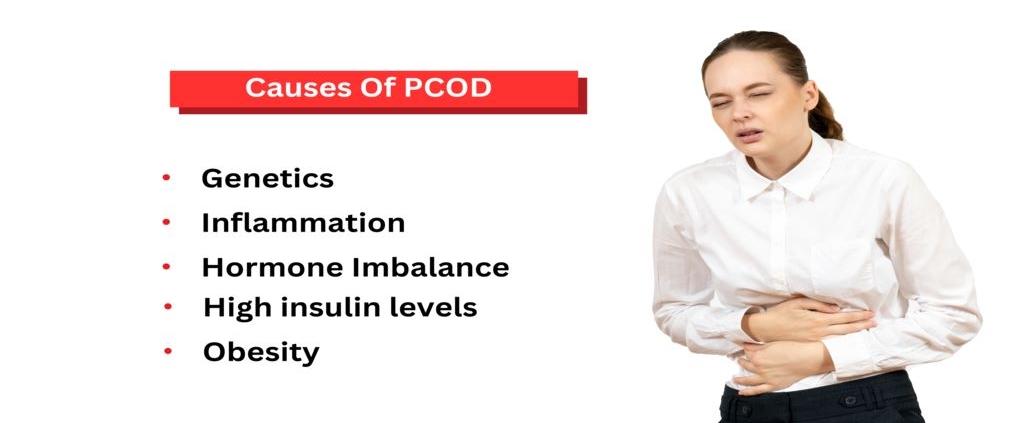
The exact cause of PCOD in women is unknown, but here are some of the important risk factors:
Excess insulin generation
A body with excess insulin can produce more androgens. This male hormone is too low in women and interferes with ovulation.
Excess androgen synthesis
The ovaries produce abnormally high levels of androgen hormones, which can cause acne and hirsutism (excessive growth of body and facial hair).
Minor Swelling
According to a new study, women with PCOD have low levels of inflammation that lead to increased androgen production, which can cause heart or vascular problems.
Heritage
Women with PCOD show a specific genetic correlation.
PCOD Treatment:
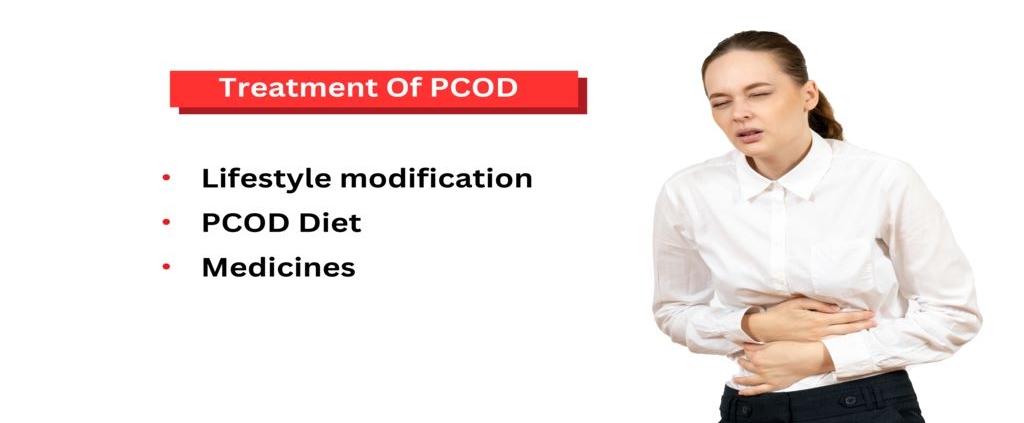
Since PCOD is a chronic condition, many ways exist to treat its symptoms. Most women choose to combine several different strategies. Several Female Infertility Treatment methods are listed here:
Allopathy uses a variety of medications and diets. Women may need to use monthly birth control pills to promote regular periods. A woman may receive ovulation-inducing drugs to cure infertility or to help her get pregnant.
Patients can also follow a diet in addition to these to help with weight loss. To achieve the same results, the doctor may also recommend vigorous activities. When a woman loses even 3% of her body weight, her fertility improves.
Lifestyle Changes for PCOD Treatment:
PCOD affects the hormonal balance of most women. The following actions will help women reduce androgen levels in their bodies:
Maintain a healthy weight.
A BMI between 18.5 and 24.9 is optimal and healthy for women, while a number above 30 is considered obese and unhealthy. Losing weight or keeping it off improves overall cholesterol levels in the body, reduces the risk of diabetes, high blood pressure, and heart disease, maintains proper insulin and testosterone levels, and regulates the ovulation phase of the menstrual cycle. Consult a dietitian about a weight loss plan to achieve a healthy BMI.
Limit carbohydrate intake
If you have PCOD, follow a low-carbohydrate diet or a diet high in complex carbohydrates to stabilize your insulin levels. Avoid sugar and starches, and eat fish, meat, eggs, vegetables, and natural fats.
Participate in frequent activities and exercises.
Regular exercise and staying active will help control your weight and blood sugar if you have PCOD.
Can PCOD lead to other chronic diseases?
Yes, PCOD can lead to other chronic diseases. Losing weight can indeed help reverse PCOD. However, PCOD makes weight loss a challenge in itself. Here are some common chronic conditions caused by PCOD:
Diabetes
No one can explain why type 1 PCOD causes type 2 diabetes, but it does, as has already been shown. However, PCOD also causes gestational diabetes, so it doesn’t just cause type II diabetes. We all know that diabetes is a chronic, lifelong disease that contributes to 50% of deaths worldwide. It was India’s top killer in 2016-17. It is also true that most cases of PCOD go untreated in Indian society. Thus the number of cases of diabetes in women has increased.
Blood Pressure
There is a close relationship between blood pressure and diabetes. No one is sure about the relationship between blood pressure and diabetes. However, the existence of one is a dead sign that the other exists.
Liver Disorders
As we all know, PCOD affects the liver, making it weak and prone to infections. A recent study has highlighted and supported this reality. Hormonal imbalance in the body directly affects the state of the liver. Moreover, it causes obesity, which leads to the development of NAFLD.
Anxiety and Depression
Female sex hormones influence a woman’s psyche. It means mood swings result from any disruption in the delicate balance of hormones. In addition, social isolation and a negative self-image are consequences of obesity. All these, combined with prolonged periods of persistent stress, can cause women to develop anxiety or depression. One study found that postpartum depression is more common in women with PCOD.
Infertility
PCOD is the main contributing factor to female infertility. While PCOD reversal medications can help treat this infertility, some women can only get pregnant after IVF or surgery.
Conclusion
PCOD is a common problem in women. It causes irregular periods and other issues. But it can be prevented by some lifestyle changes and treatments. In the above article, we have talked about PCOD in detail. If you want to know more about PCOD Treatment, this article is for you. If you want medical help in Srinagar, Best IVF Treatment Centre in Srinagar, Imprimis IVF, is always available. You will get the best services and PCOD treatment here.

